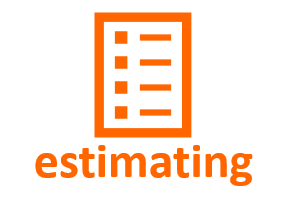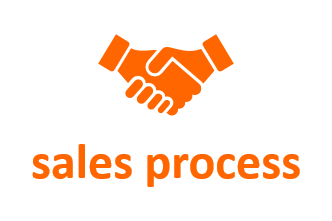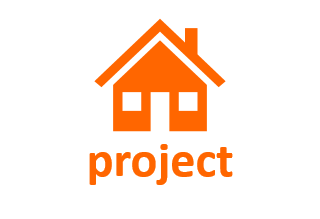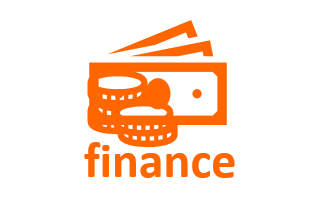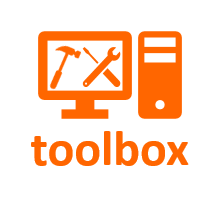MARKETING
A Content Marketing Strategy for the Independent Builder
Digital Marketing 104: Intent
Highlights -- |
|
|
Inspire/Differentiate
|
It's time to close the deal. The Prospect knows about you, knows your product, has your company in his top three, and now just needs a little push to go over the finish line. Re-read the "Inspire-Differentiate" highlight (above) to see how many of the 11 suggestions there you can use to lock this deal down.
Buyer's Journey

Source article
DIGITAL MARKETING 104: INTENT
Content at this phase of the journey should highlight the reasons why your brand is a better fit for home buyers.
By Richard Bergér, VP of E-Business at ASTRALCOM
Part 4: Understanding the Phases of the Home Buying Journey – Intent
On the fence? So is your
home buyer in this phase of their journey. It’s come down to their top choices
and this is where your brand’s competitive differentiators (and maybe an
incentive) will make or break the deal. They are focused on researching and engaging with their
top-choice home builders. Here is where your brand needs to clearly stand apart
from the others.
Content at this phase of the journey should highlight the reasons why your brand is a better fit for home buyers. From energy-efficiency and builder process, to personalization and warranty; this is where home buyers are making decisions about the brands that truly connect with them, provide value, and deliver inspiration.
By this time, home buyers are most likely on your email list and should be receiving content that helps them to shape their expectations about your homes and communities and how your competitive differentiators add even more value.
Google calls these instances “Last Interactions” that act as the last points of contact, prior to a purchase decision. (Editor's note: In the old media world, a similar concept, from media-planning expert Erwin Ephron, was called "recency," which basically meant reaching the consumer right before or as a purchase decision was made.)
Creating content that helps educate and inspire and that fits the context of home buyers’ journeys across appropriate channels directly helps home buyers review and decide on which brands to focus on, during the intent phase of the sales cycle.
Message/Content
a. Inspire/Differentiate;
· Builder vs Builder – Demonstrate why your homes and communities
are better than the competition.
· Personalization – Inspire home buyers with personalization
offerings.
· Location – Show how your communities are connected to jobs,
schools, shopping, culture and transportation.
· Price Point – Leverage the price points of your communities and
homes.
· Energy-efficiency – Clarify how your energy-efficient homes
reduce the cost of home ownership.
· Builder Process – Explain how your builder process enhances the
home building process and experience.
· Warranty – Define your warranty process in basic terms that will
make home buyers feel comfortable and have trust in your brand.
· Floor plan options, amenities, etc – Engage home buyers with deep
information and interactive content.
· Post-purchase Value-added Services – Package and promote any
services and/or offerings that will help create additional value
after the sale.
· Assessments, Configurators, Polls – Help create affinity with
home buyers by giving them the tools they need to make their
decisions.
· User-generated content – Leverage appropriate content created by
users to help create brand evangelists and viral activity.
· Mobile app/mobile experience – Ensure content is
consumable via mobile devices.
b. Content for
calls-to-action (CTA);
· Create account.
· Newsletter sign-up.
· Online chat.
· Schedule appointment/On-site tour.
Channels
a. Social media platforms
· Create engagement with home buyers. Likes, click-thrus, shares,
etc, interact with users and leverage user-generated content.
b. Social media ads
· Post coupons/specials/add-ons and other incentives.
c. Display ads
· Evoking achievement and lifestyle.
d. Remarketing (with
incentive)
· Focusing on value and competitive differentiators.
e. PPC Brand – relative
· Brand-centric, community and/or differentiator-specific
contextual ads.
f. Email
· Community and division-specific emails, highlight blog content
and differentiating and inspiring content, with proper CTA’s
leading to conversion processes.
g. Direct, as a result of
brand awareness
· Including website URL in offline marketing (i.e, flyers,
billboards, brochures, etc).
· Encouraging visitors to bookmark the website.
These specific channels (left) may result in different outcomes for your brand, depending on when home buyers interact with each one. In this middle part of the journey, these channels help create inspiration, desire and cultivate interest from home buyers engaging with your brand.
Next, we’ll be going into the final component of the home buyer journey: Decision.
It’s down to the wire. We’ve clearly demonstrated our competitive advantages, we’ve also demonstrated value in our brand and we’ve created a relationship with our prospective home buyers, whereby we’ve educated, inspired and informed them. What’s left to do? Will they now buy a new home from us?
Our final post in this series will discuss some tail-end actions that home builders can employ to help move prospective home buyers toward a purchase and create advocates for your brand.




